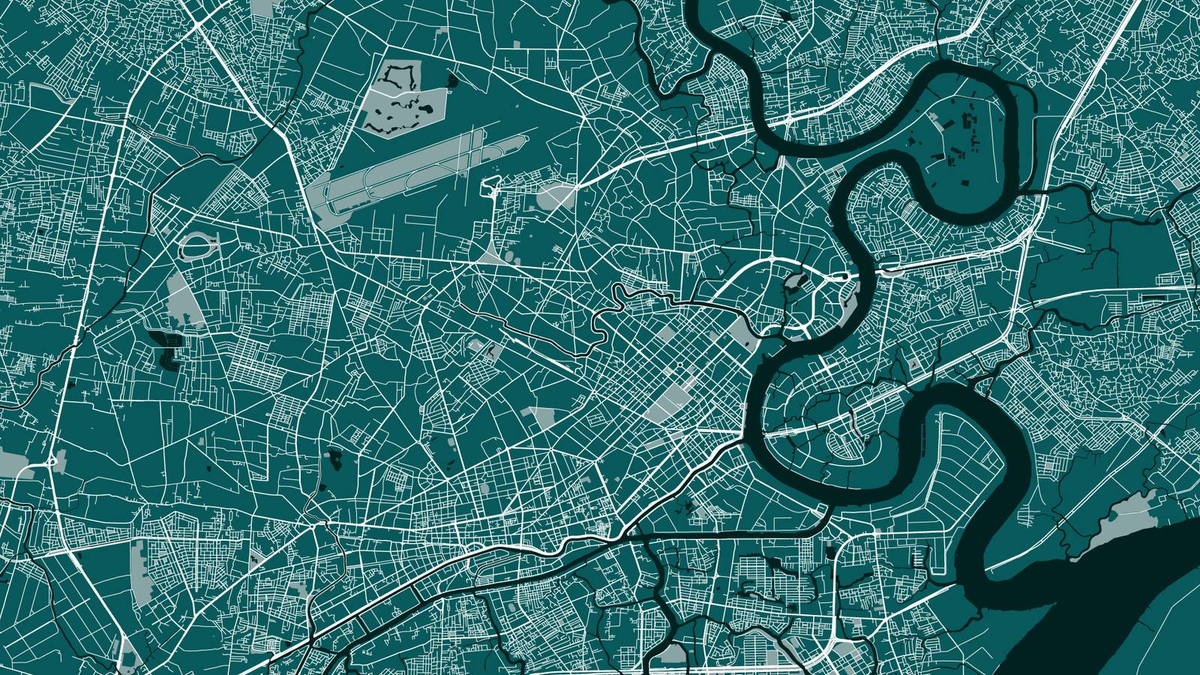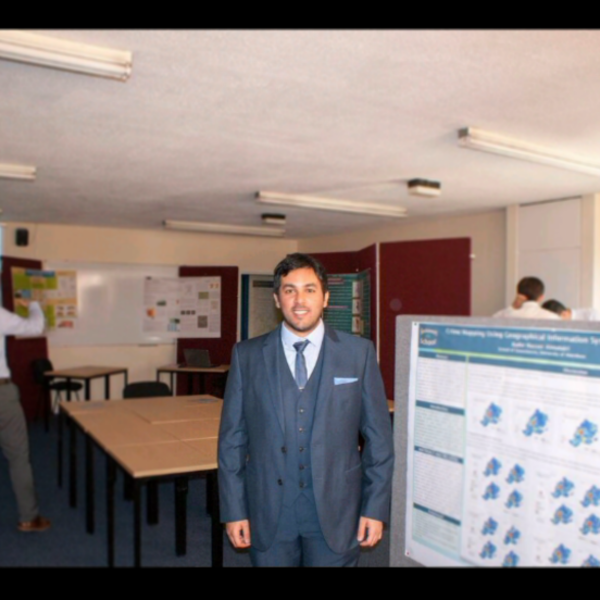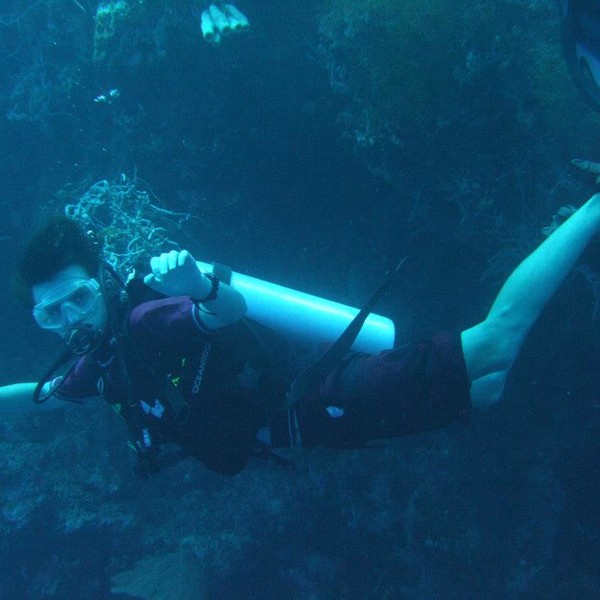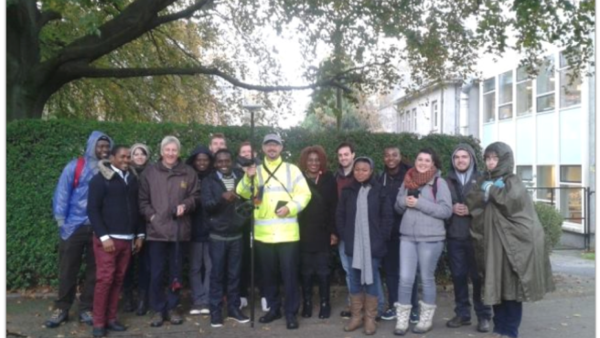We will endeavour to make all course options available. However, these may be subject to change - see our Student Terms and Conditions page. In exceptional circumstances there may be additional fees associated with specialist courses, for example field trips.
Entry Requirements
Motivation and understanding of this degree is an important factor in securing admission. Your personal statement/statement of purpose should focus on providing answers to the following questions:
- What is your background in geospatial technologies?
- What specific aspects and areas of geospatial technologies are you interested in?
- What applications of geospatial technologies would you like to pursue whilst in Aberdeen, and why?
- How do you think your background (both academic and work-related) is relevant to the study of the geospatial technologies?
- How do you see a qualification in the geospatial technologies helping your future career?
Qualifications
The information below is provided as a guide only and does not guarantee entry to the University of Aberdeen.
2:2 (lower second class) Honours degree or equivalent in Agriculture, Archaeology, Computing Science, Ecology, Engineering, Environmental Science, Forestry, Geography, Geology, Geomatics, Marine & Coastal Science, Marine Biology, Marine Science, Mathematics, Physics, Planning, Plant Science, Soil Science or Zoology.
Candidates with degrees in other subject areas will be considered if they can demonstrate interest, aptitude and/or experience in a field relevant to the application of geospatial technologies.
Please enter your country or territory to view relevant entry requirements.
English Language Requirements
To study for a Postgraduate Taught degree at the University of Aberdeen it is essential that you can speak, understand, read, and write English fluently. The minimum requirements for this degree are as follows:
IELTS Academic:
OVERALL - 6.5 with: Listening - 5.5; Reading - 5.5; Speaking - 5.5; Writing - 6.0
TOEFL iBT:
OVERALL - 90 with: Listening - 17; Reading - 18; Speaking - 20; Writing - 21
PTE Academic:
OVERALL - 62 with: Listening - 59; Reading - 59; Speaking - 59; Writing - 59
Cambridge English B2 First, C1 Advanced, C2 Proficiency:
OVERALL - 176 with: Listening - 162; Reading - 162; Speaking - 162; Writing - 169
Read more about specific English Language requirements here.
Document Requirements
You will be required to supply the following documentation with your application as proof you meet the entry requirements of this degree programme. If you have not yet completed your current programme of study, then you can still apply and you can provide your Degree Certificate at a later date.
-
CV
-
an up-to-date CV/Resumé
-
Degree Certificate
-
a degree certificate showing your qualifications
-
Degree Transcript
-
a full transcript showing all the subjects you studied and the marks you have achieved in your degree(s) (original & official English translation)
-
Personal Statement
-
a detailed personal statement explaining your motivation for this particular programme











